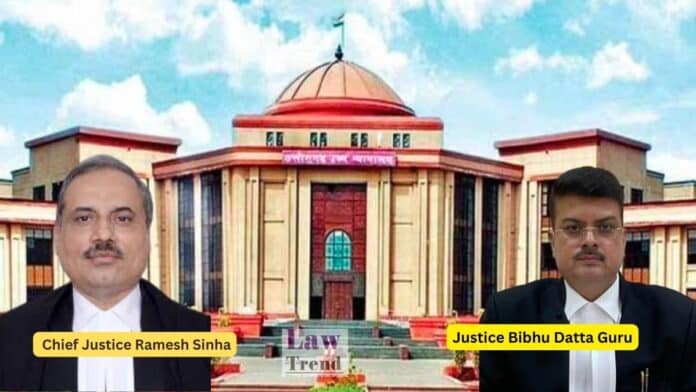The Chhattisgarh High Court has dismissed a public interest litigation (PIL) filed by Dr. Sachin Ashok Kale seeking directions to the State Government to allow the cultivation and regulation of industrial hemp, holding that the judiciary cannot interfere in matters falling within the exclusive domain of legislative or executive policy. The Division Bench comprising Chief
To Read More Please Subscribe to VIP Membership for Unlimited Access to All the Articles, Download Available Copies of Judgments/Order, Acess to Central/State Bare Acts, Advertisement Free Content, Access to More than 4000 Legal Drafts( Readymade Editable Formats of Suits, Petitions, Writs, Legal Notices, Divorce Petitions, 138 Notices, Bail Applications etc.) in Hindi and English.




